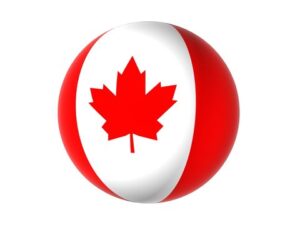Designing Futures, One Student at a Time
Every student is an architect of their own future. As you navigate through the halls of education, design a blueprint that reflects your dreams, aspirations, and the positive change you want to bring.
Scholarships: Fuel for Dreams
Scholarships are not just financial aid; they are the fuel that propels dreams forward. Explore the world of possibilities that open up when education meets opportunity.
The Power of Knowledge
Knowledge is not just power; it’s a beacon that lights up the path to success. Seize every opportunity to learn, grow, and make a positive impact on the world.
Beyond Boundaries
Education knows no bounds. It’s a journey that transcends borders, unlocking doors to a world of endless opportunities. Explore, learn, and let education be your passport to a global future.
Dream Big, Achieve Bigger
Dream beyond the horizon, and watch your aspirations unfold. In the realm of education, the bigger you dream, the bigger you can achieve. Your journey is a canvas—paint it boldly.
Echoes of Triumph: Unveiling Inspiring Stories in Our Testimony Gallery
Welcome to Our Testimony Gallery
At Global Scholars Blog, we believe in the transformative power of stories. Our Testimony Gallery is a dedicated space where the extraordinary journeys of individuals unfold, revealing tales of resilience, triumph, and inspiration.
Dive into a collection of heartfelt narratives that showcase the strength of the human spirit. From overcoming challenges to achieving remarkable milestones, each testimony is a testament to the power of determination and belief.
What You'll Discover:
🌟 Inspiring Voices: Immerse yourself in the uplifting voices of individuals who have turned obstacles into stepping stones.
🌈 Triumphant Tales: Explore stories of triumph that go beyond the ordinary, proving that greatness resides in every journey.
💪 Courage Unveiled: Witness the courage and resilience that define each testimony, lighting the way for others.
As you navigate through our Testimony Gallery, may you find motivation, encouragement, and a renewed belief in the possibilities that lie within every challenge.
Join us on this journey of celebration, empowerment, and inspiration. Because at Global Scholars Blog, every story matters, and every testimony has the potential to spark change.








